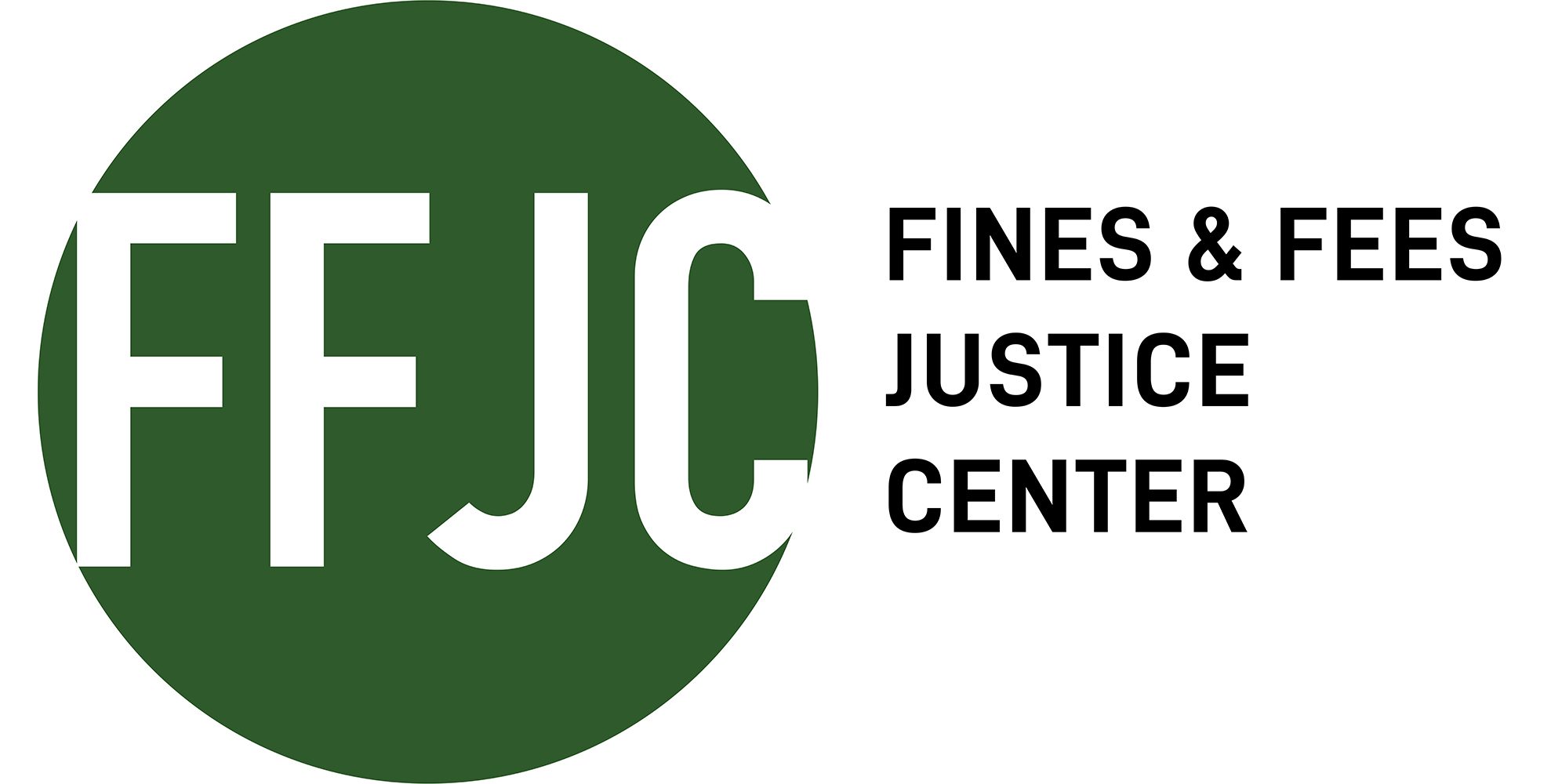Between 2017 and 2018, the New Jersey Supreme Court Committee on Municipal Court Operations, Fines, and Fees conducted a review of New Jersey’s municipal court practices. One of the committee’s recommendations called for the creation of the Working Group on the Municipal Courts, tasked with addressing issues stemming from revenue-incentivized sentencing practices, municipal court judicial appointments, and municipal court regionalization. This report provides an overview of historical reform efforts, modern judicial reform efforts, and makes 17 recommendations related to equal access, fairness, and judicial independence.
You can read the full text of the report here.
Key Findings
- The Municipal Court system remains one of the few areas of court operation in the state that is still structured and funded in the same manner as it was in 1947.
- “The Municipal Courts collect in excess of $400 million annually. Approximately $220 million of that total is distributed by Municipal Courts to municipalities, with the remainder being distributed to the State Treasurer, the local county, or to specific agencies…pursuant to statute; Most Municipal Courts generate revenue for the local municipality that far exceed the court’s operating budget.”
Recommendations
- The New Jersey legislature should:
- consider creating a traffic ticket deferral program (i.e. allow defendants to have their ticket dismissed if they commit no traffic violations for a certain period of time)
- take steps to reduce municipal reliance on fines and fees revenue and/or separate the need for revenue from municipal court operations
- reduce surcharges and assessments imposed by the Motor Vehicle Commission (MVC) and reduce or eliminate certain surcharges required by statute to be imposed at sentencing
- create a “uniform cap” on fine amounts for municipal ordinance violations
- The judiciary should continue to promote greater use of reasonable payment plans
- Multiple government stakeholders should significantly reduce the use of license suspensions for failure to pay through legislation, administrative directive(s), and judicial training.
- The New Jersey State Bar Association’s County Judicial and Prosecutorial Appointment Committees (JPACs) should review the qualifications of municipal court judicial candidates for appointment and reappointment and report to the municipal body on whether the judicial candidate is qualified.
Author(s): New Jersey Administrative Office of the Courts
